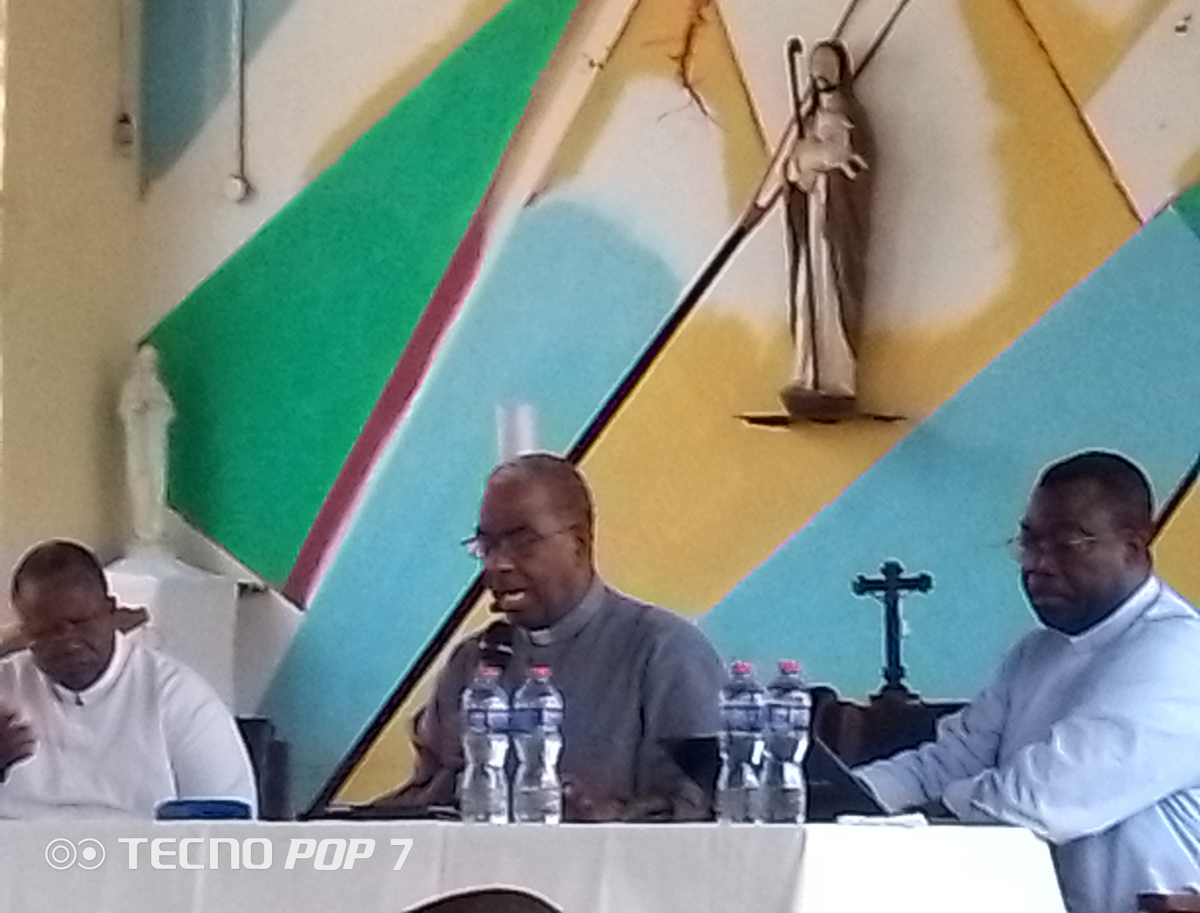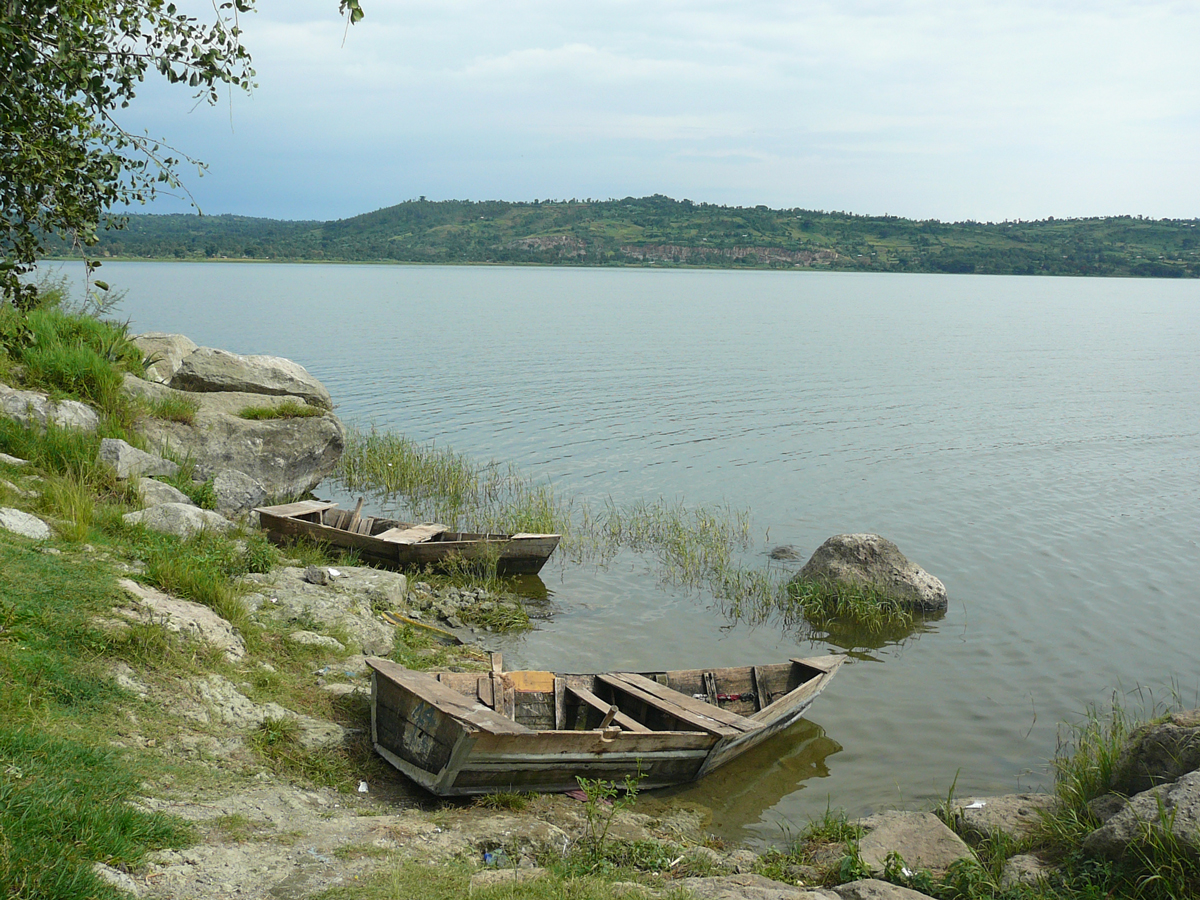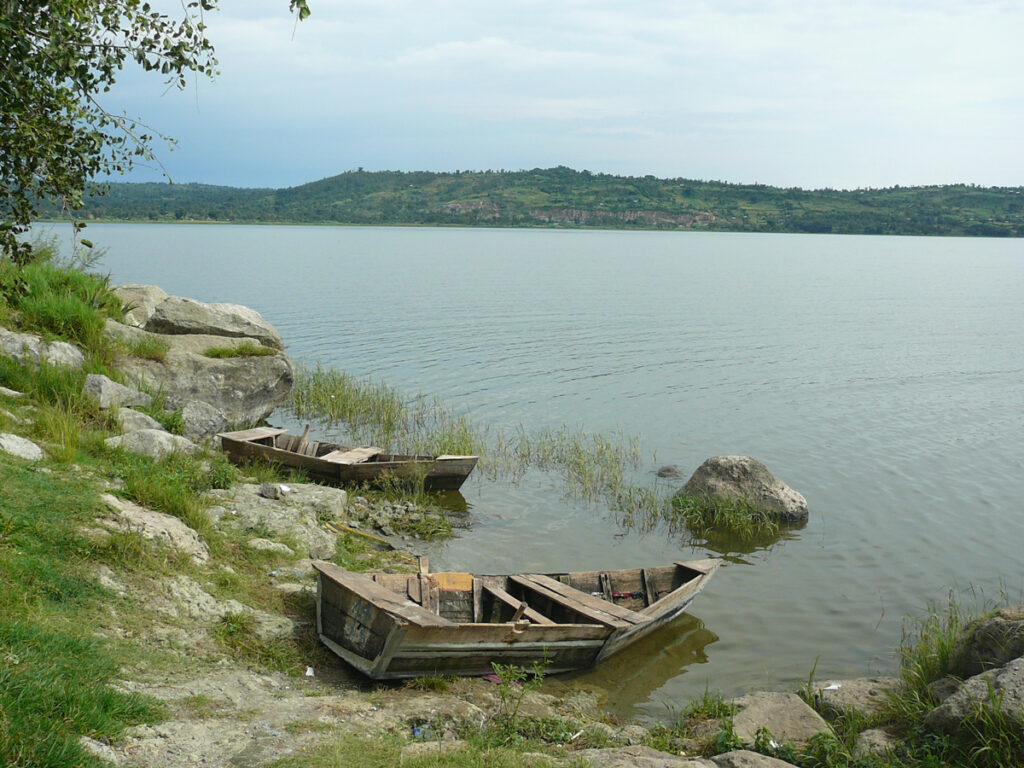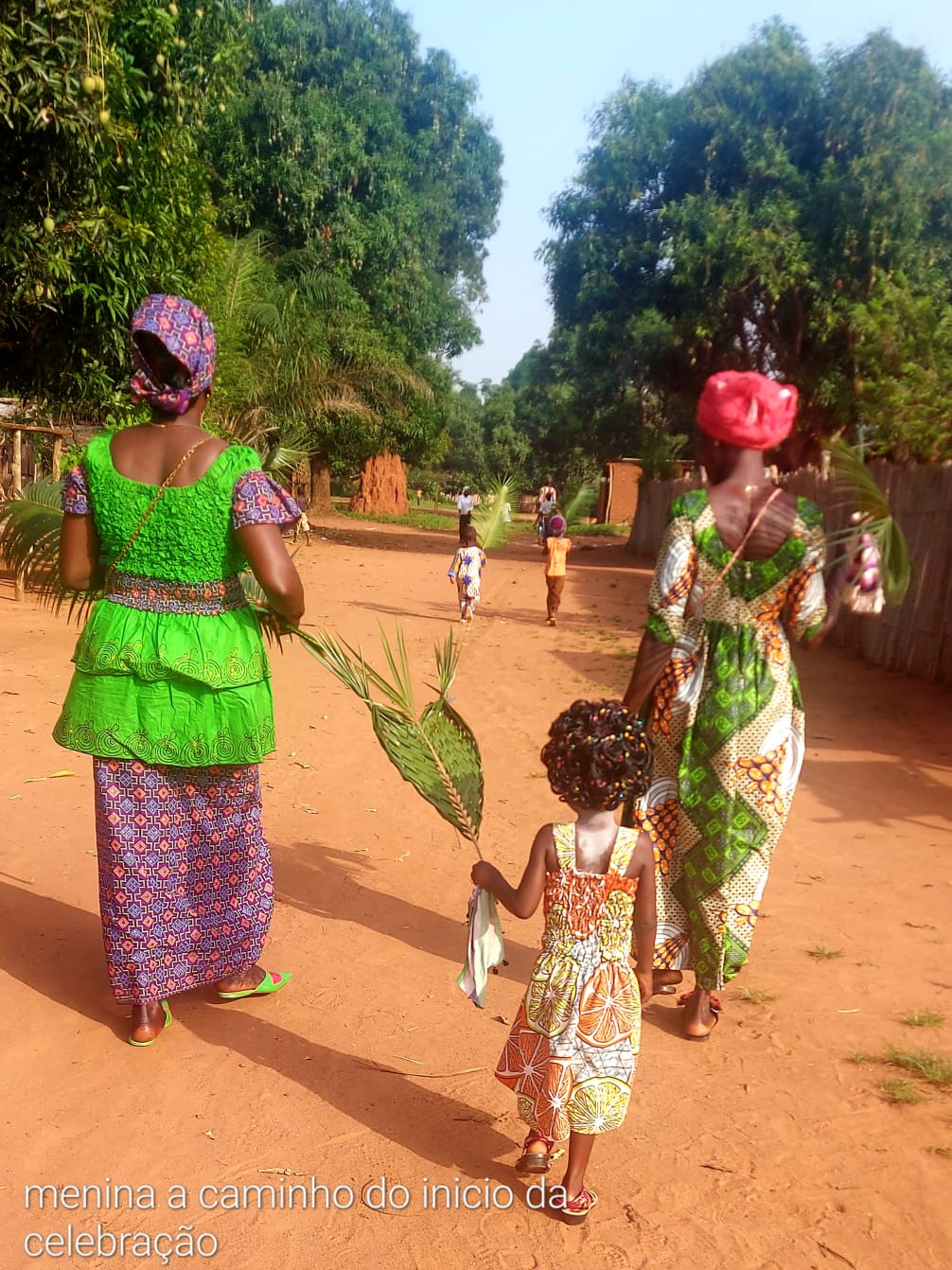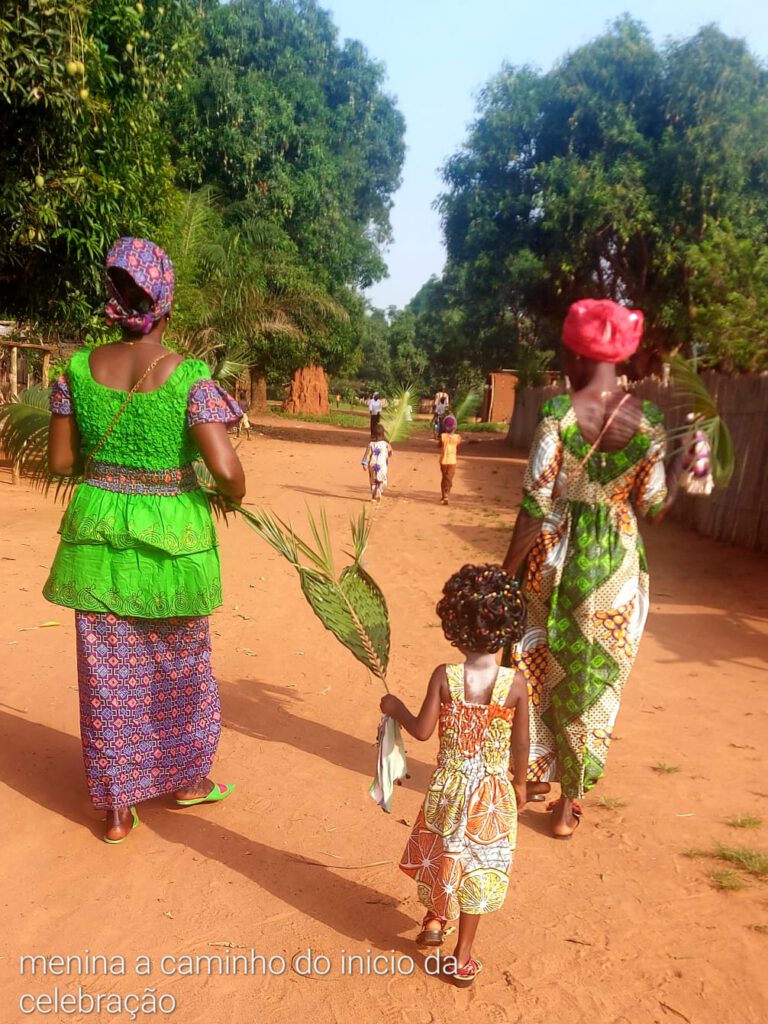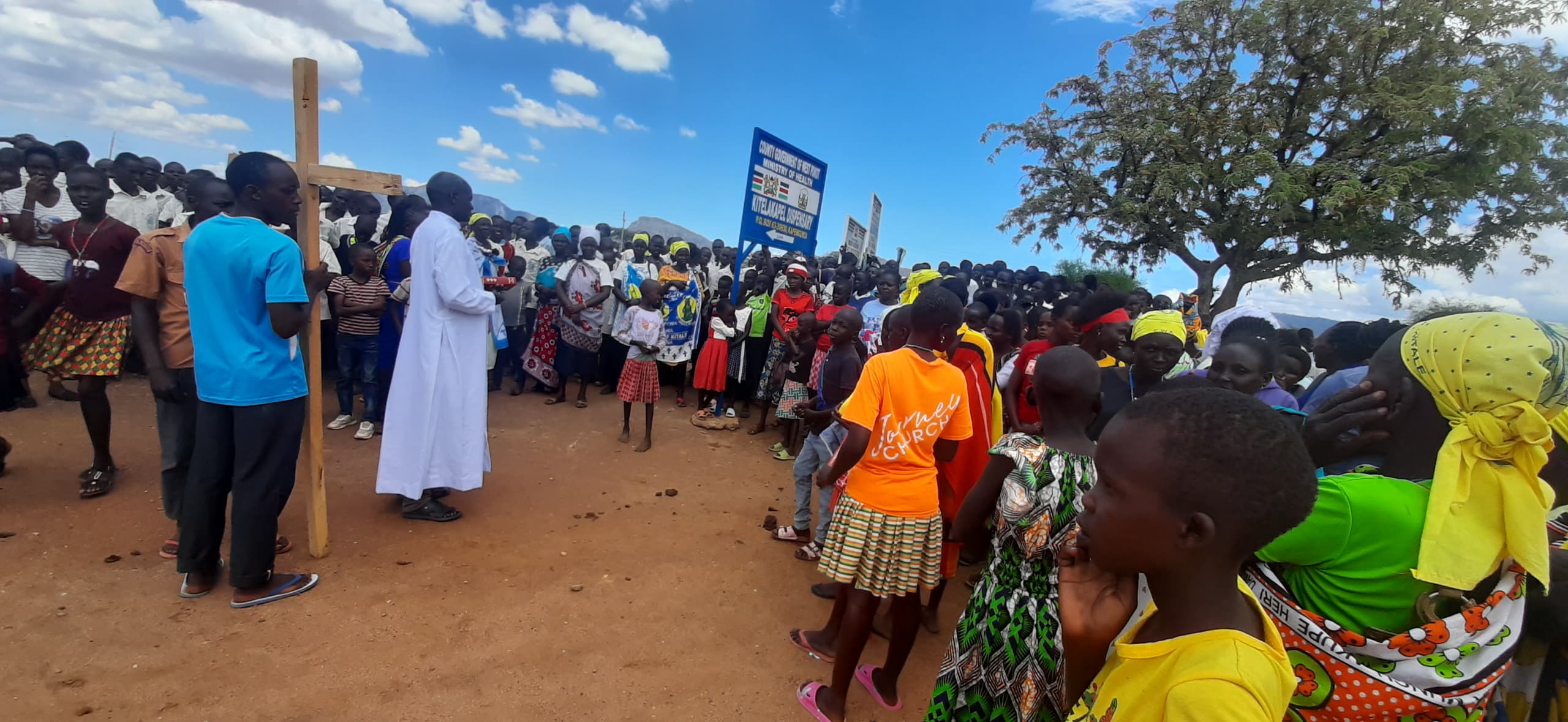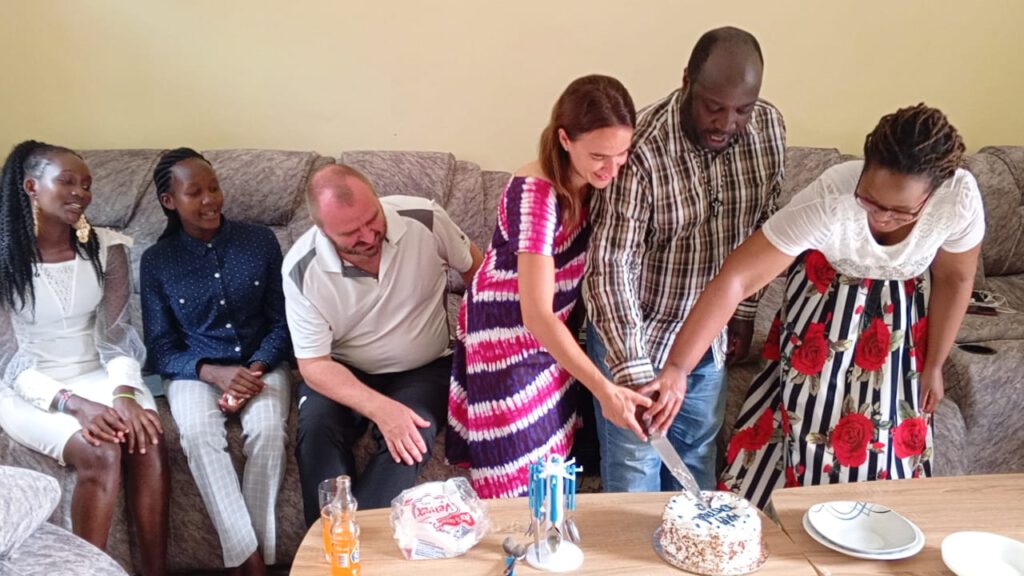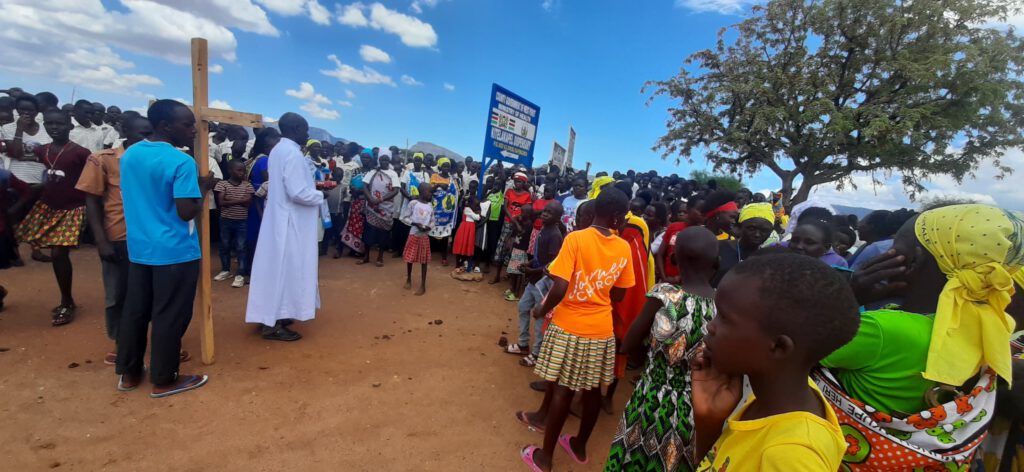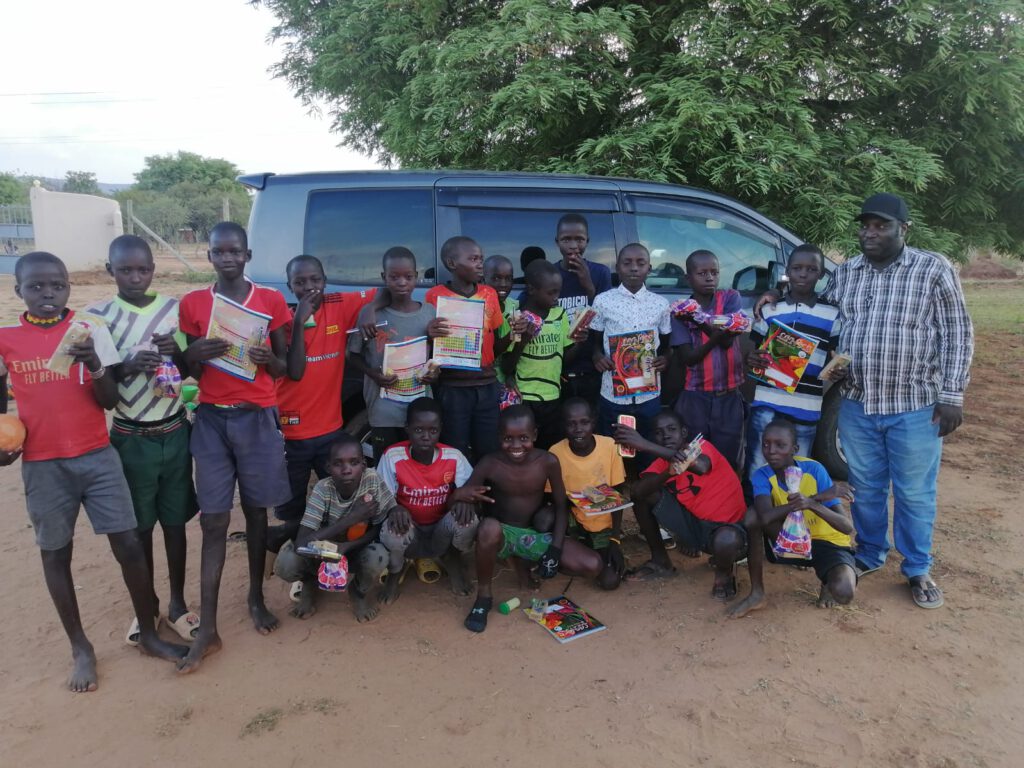The first group of MCCJ arrived in Ghana in 1974. Among this group was Rev. Fr. Joseph Rabbiosi who is still serving in Ghana and father Cuniberto of blessed memory.
To mark this fiftieth anniversary, the MCCJ in Togo-Ghana-Benin planned a conference on the 26th April at Good Shepherd Catholic Church of Mafi-Kumase and climaxed it with a thanksgiving mass on 27th at Our Lady of Assumption (OLA), Accra.
An exciting mark of the anniversary was the presence of the Father General of the MCCJ, Father Gabriel Tesfaye and one of his assistants Fr. Elias Sindjalim. The conference was facilitated by the Superior General and his Assistant together with the Superior Provincial, Fr. Timothy Hounake. The bishop of the diocese, his Lordship Gabriel Kumordji was also present for the conference. The theme of the conference was “Save Africa through Africa.” In his presentation, the Superior General laid emphasis on the Plan for the Regeneration of Africa of our Founder St. Daniel Comboni. The Father General insisted on the dream of Comboni, which he said, was a dream of faith. To show the realization of that dream in the MCCJ family, a statistic was presented by Fr. Elias on the presence of MCCJ in the world, in Africa and in Ghana. It was clear, the dream of Comboni is coming true. Another truth of the realization of the dream is the presence of the CLM who also said few words during the Superior General presentation.
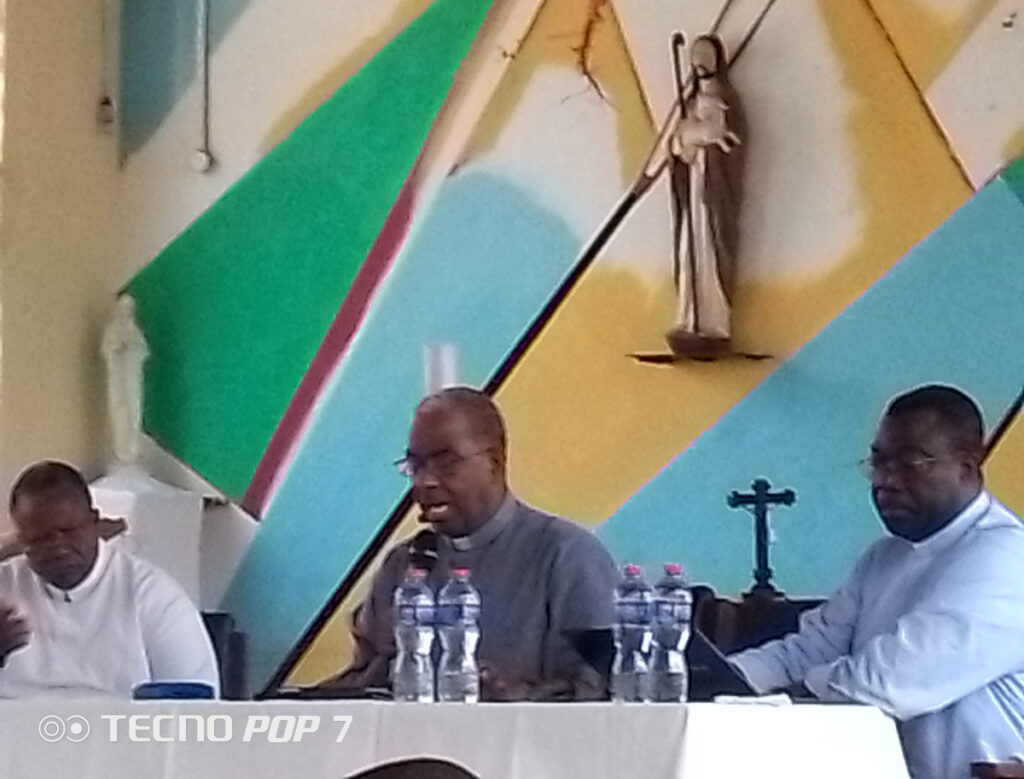
On Saturday, the climax was the thanksgiving mass at Accra presided over by the Archbishop of Accra, Bishop Bonaventure Kwofie around which MCCJ priests and other priests and a chapel full of faithful among which the CLM. An award was presented to Fr. Joseph Rabbiosi a living testimony of the fifty years of presence. A cake was cut at the end of the celebration after which a meal sharing took place.
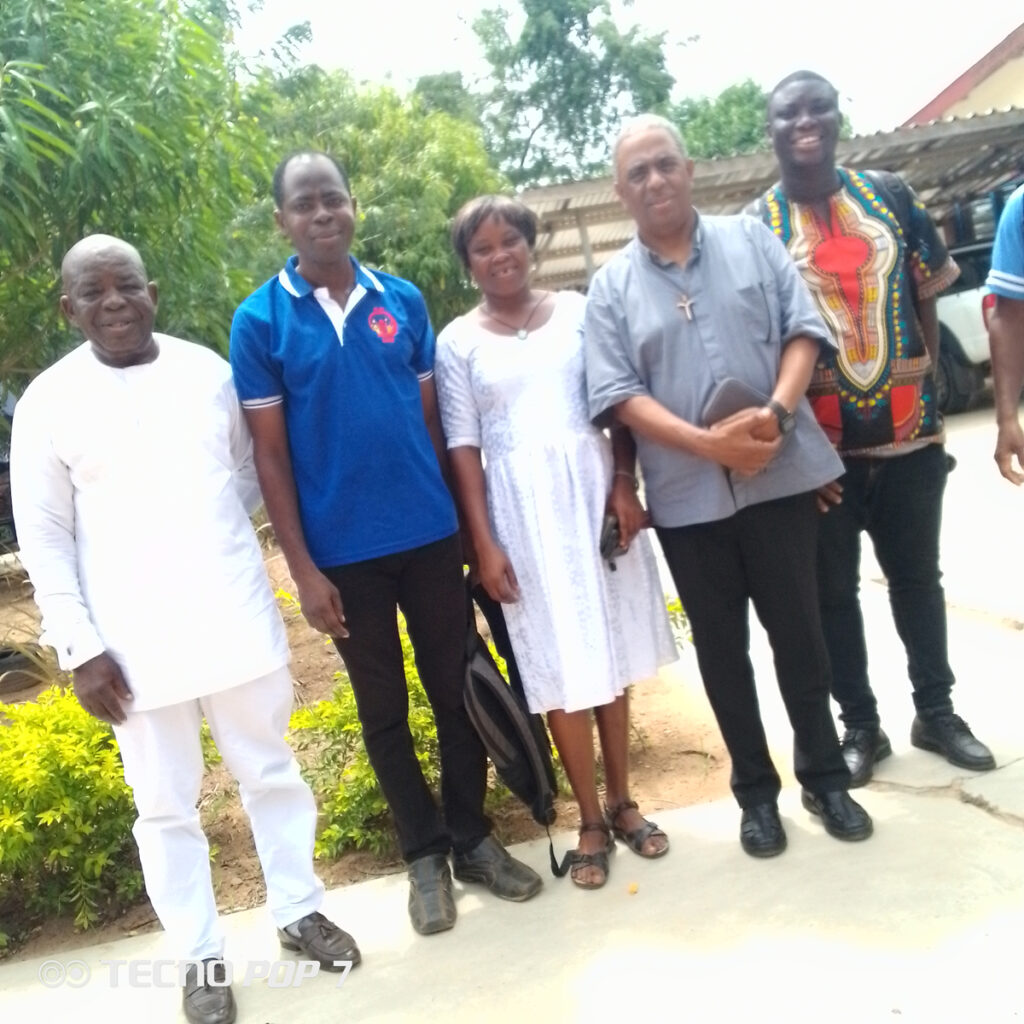
Justin Nougnui, CLM.




